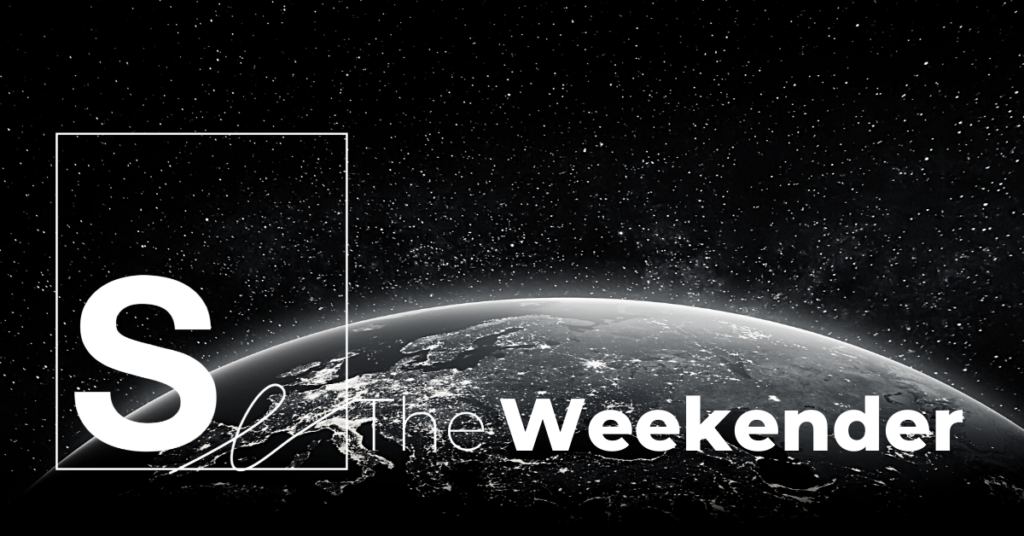U.S. life expectancy fell by more than a year due to the pandemic: CDC study.
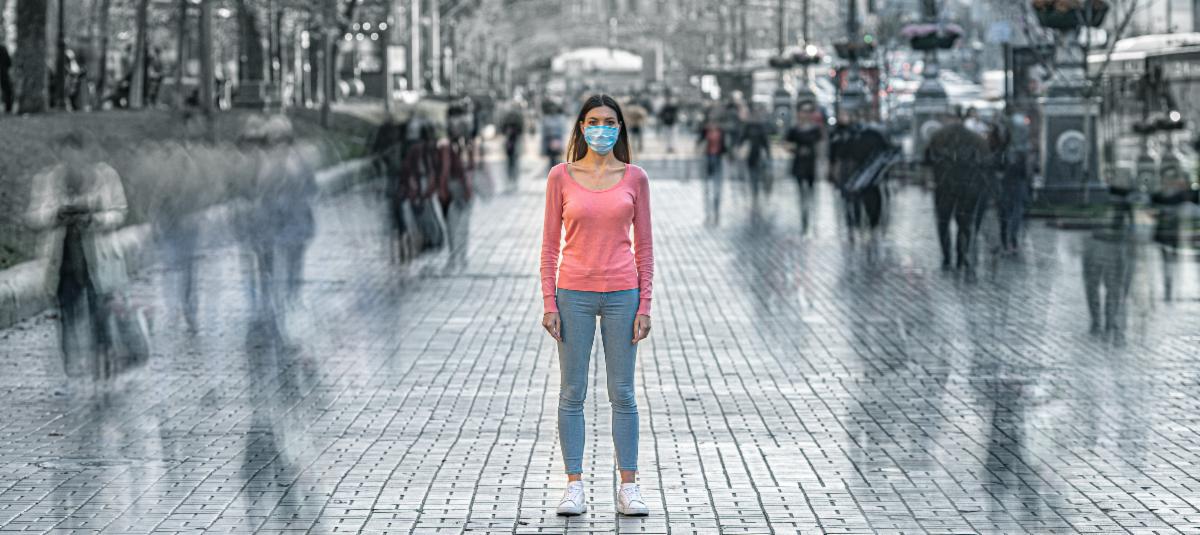 In its most recent report, researchers at the CDC’s National Center for Health Statistics found that U.S. life expectancy was 77.3 years, the lowest since 2003. Covid-19 had the most significant effect on the decline in life expectancy, but unintentional injuries, homicide, diabetes, and chronic liver disease, and cirrhosis were also highly reported factors. Racial disparities emerged from the data, finding that Hispanic people experienced the largest decline in life expectancy, decreasing by three years, something experts attribute to lack of access to healthcare in minority communities. Covid-19 contributed to 73.8 percent of the record-breaking decline, making its grave mark on the world that much darker, and begging the questions as to what impact the virus may have on the lifespan of those who survived more serious cases. To this day, more than 91 million Americans live in U.S. counties with high Covid-19 infections. A Pew Research Center survey shows that 68 percent of Americans say that children will be worse off financially than their parents due to the Covid-19 pandemic. Many counties across the U.S. are starting to implement face masks policies again, with the Biden administration hoping the Food and Drug Administration fully approves the Covid-19 vaccine for all ages by the fall. Note: the U.S. vaccination rate (102 vaccinations per 100 people) places it outside the top 25 countries in the world, in spite of the U.S. being ranked number one for Covid-19 cases. Read more in CNN.
In its most recent report, researchers at the CDC’s National Center for Health Statistics found that U.S. life expectancy was 77.3 years, the lowest since 2003. Covid-19 had the most significant effect on the decline in life expectancy, but unintentional injuries, homicide, diabetes, and chronic liver disease, and cirrhosis were also highly reported factors. Racial disparities emerged from the data, finding that Hispanic people experienced the largest decline in life expectancy, decreasing by three years, something experts attribute to lack of access to healthcare in minority communities. Covid-19 contributed to 73.8 percent of the record-breaking decline, making its grave mark on the world that much darker, and begging the questions as to what impact the virus may have on the lifespan of those who survived more serious cases. To this day, more than 91 million Americans live in U.S. counties with high Covid-19 infections. A Pew Research Center survey shows that 68 percent of Americans say that children will be worse off financially than their parents due to the Covid-19 pandemic. Many counties across the U.S. are starting to implement face masks policies again, with the Biden administration hoping the Food and Drug Administration fully approves the Covid-19 vaccine for all ages by the fall. Note: the U.S. vaccination rate (102 vaccinations per 100 people) places it outside the top 25 countries in the world, in spite of the U.S. being ranked number one for Covid-19 cases. Read more in CNN.
U.S. politics update: Infrastructure bill faces set back and Jan. 6 riot commission drama.
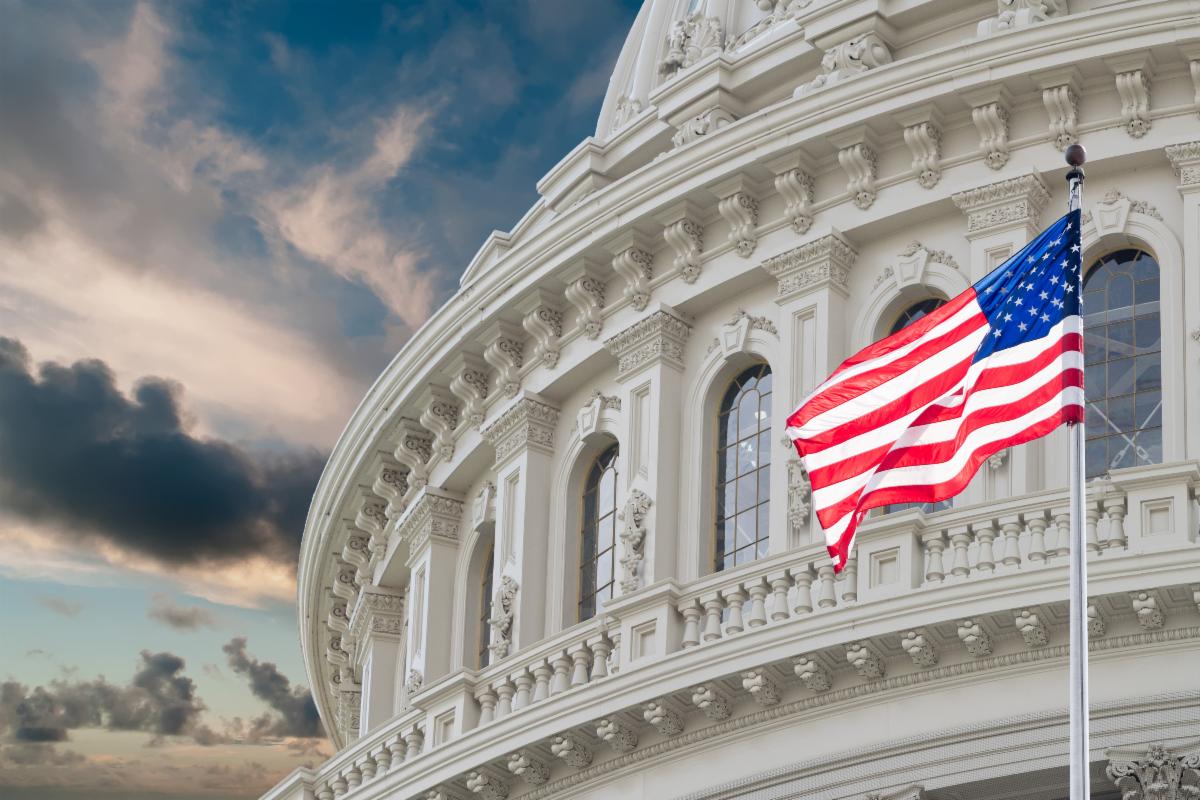 In a seemingly endless battle, the infrastructure proposal was blocked from a debate on Wednesday as the bipartisan group works around the clock working to finalize their agreement. While the end is in sight, Democrats are being pushed from the inside to advance the plan. Republicans refuse to begin debate on a proposal that is not yet finalized, leaving Democratic Leaders in a tight spot no matter what course of action they take. Senate Majority Leader Chuck Schumer has given the bipartisan group of 22 U.S. Senators working on the package until Wednesday to be ready to move forward on a budget resolution, a deadline that Senator Mitt Romney attests will be met. Meanwhile, Speaker Nancy Pelosi shocked Republicans this week after vetoing two of House Minority Leader Kevin McCarthy’s selections for a panel investigating the Jan. 6 riots, sending shocks throughout the House. McCarthy responded by pulling all of his selections. Only in D.C. can the drama take place before the show even begins… Read more in The Hill.
In a seemingly endless battle, the infrastructure proposal was blocked from a debate on Wednesday as the bipartisan group works around the clock working to finalize their agreement. While the end is in sight, Democrats are being pushed from the inside to advance the plan. Republicans refuse to begin debate on a proposal that is not yet finalized, leaving Democratic Leaders in a tight spot no matter what course of action they take. Senate Majority Leader Chuck Schumer has given the bipartisan group of 22 U.S. Senators working on the package until Wednesday to be ready to move forward on a budget resolution, a deadline that Senator Mitt Romney attests will be met. Meanwhile, Speaker Nancy Pelosi shocked Republicans this week after vetoing two of House Minority Leader Kevin McCarthy’s selections for a panel investigating the Jan. 6 riots, sending shocks throughout the House. McCarthy responded by pulling all of his selections. Only in D.C. can the drama take place before the show even begins… Read more in The Hill. Space Amazonifaction: Jeff Bezos sees space as ‘sacrifice zones.’
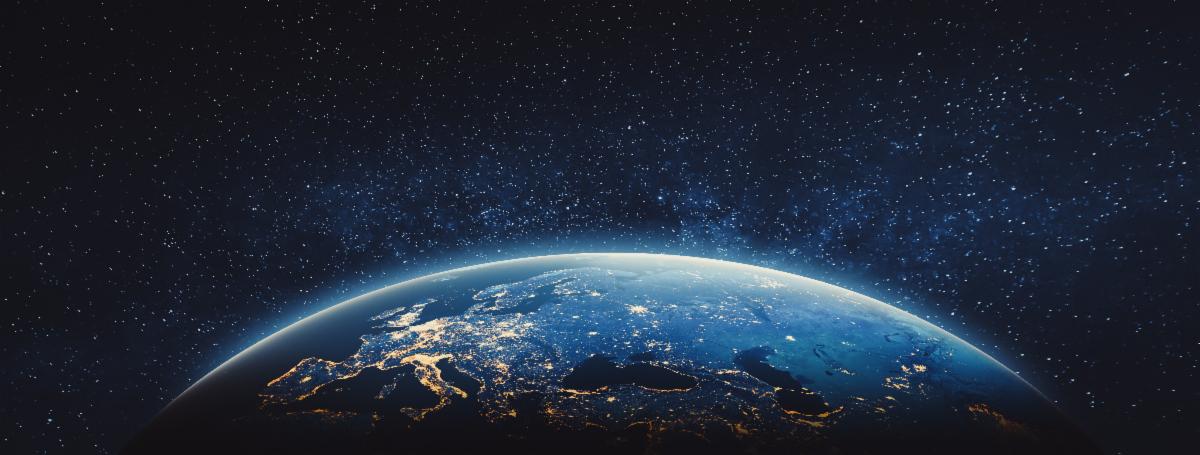
Ridesharing drivers nationwide execute a strike, calling on the U.S. Senate to pass the PRO Act.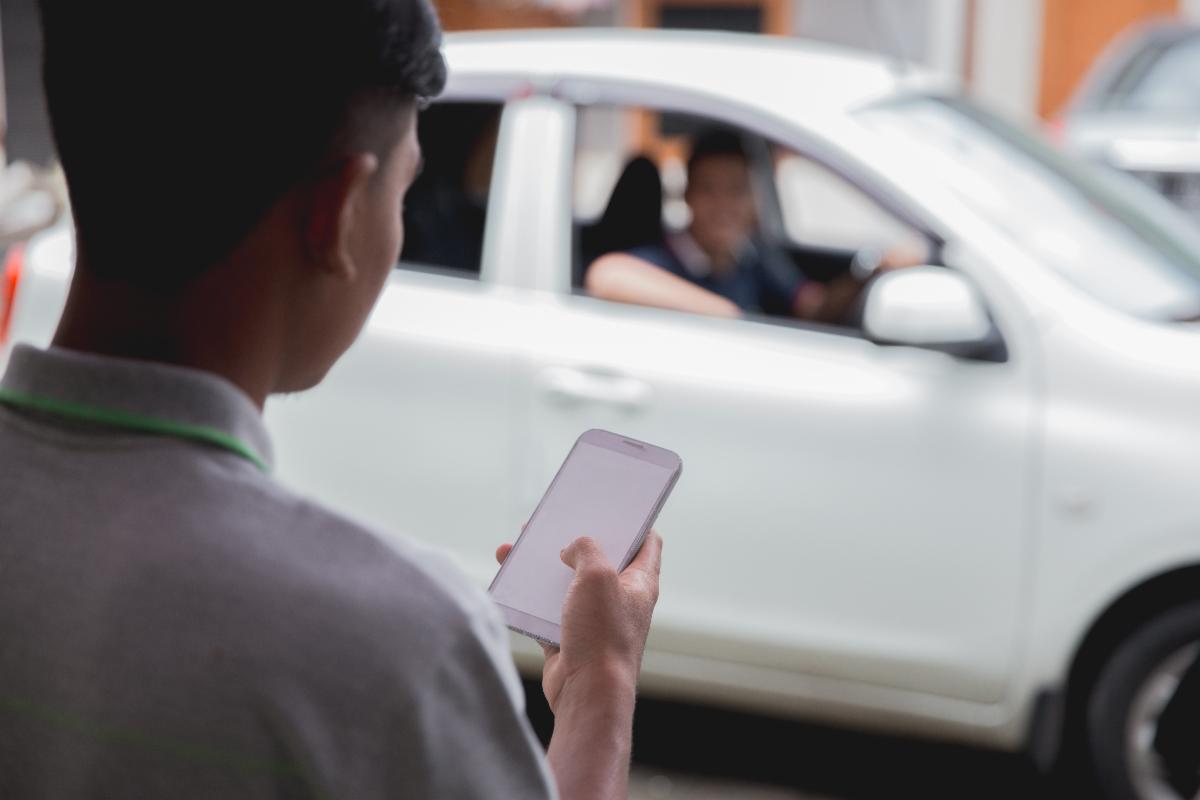
Cryptocurrencies receive global scrutiny.

INTERNATIONAL SPOTLIGHT
Olympics: Lack of spectators could cost Japan money. 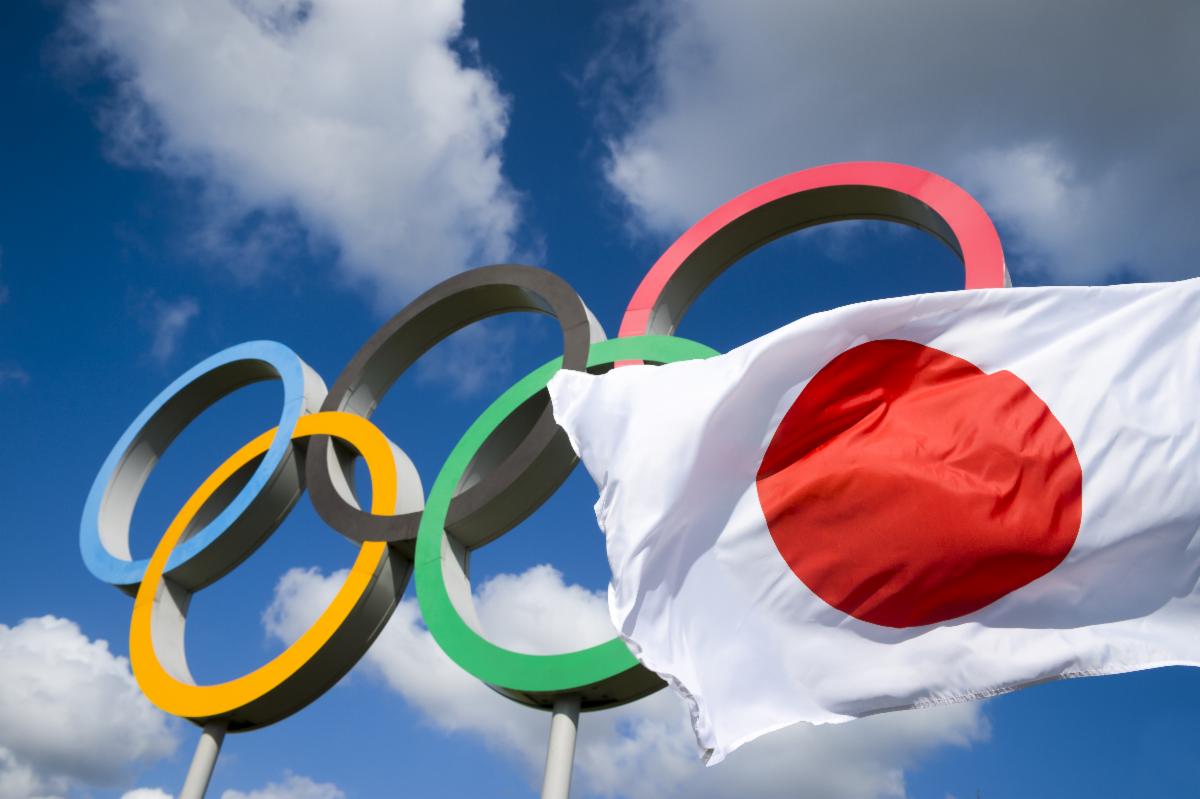
DATA POINTS
97%: The percentage of people currently hospitalized for severe Covid-19 infections that are unvaccinated. The new resurgence of cases in the United States is what experts call the “pandemic of the unvaccinated.”
200: The number of people who lost their lives in the deadly floods that ravished Western Europe last week. More than 700 are injured and an estimated 300 are still unaccounted for as the region begins recovery efforts from its worst natural disaster in decades.
$14.7 billion: The amount video conferencing platform Zoom acquired cloud contact center software provider Five9 in an all-stock transaction. Zoom’s first billion-dollar acquisition is an indication of how the pandemic relied on Zoom for its services.
8: The number of months Paul Hodgkins will spend in prison after pleading guilty to obstruction of an official proceeding, a felony charge stemming from his participation in the Capitol riot on January 6th. Hodgkins is the first rioter to be sentenced for a felony.
50/50: The number of years since the Milwaukee Bucks won an NBA championship and the number of points MVP Giannis Antetokounmpo put away in the Bucks’ NBA Finals-clinching win Tuesday night against the Phoenix Suns.
3: The number of times Australia has been selected to host the Summer Olympic Games. On Wednesday, the IOC awarded the 2032 Olympics to Brisbane, Australia.
82: Wally Funk’s age as he entered space with Mark and Jeff Bezos on Tuesday. As part of the Blue Origin’s New Shepard crew, Funk became the oldest to ever fly to space.
6: The number of new sports featured at the Tokyo Summer Olympic Games, starting this week. This year’s Games have a record of 41 disciplines and 339 gold medals. New sports include surfing, skateboarding, sport climbing, karate, baseball, and softball.
1.5: The decline in years of U.S. life expectancy in 2020, the most significant decline in generations. The Covid-19 pandemic has killed hundreds of thousands, along with crises in drug overdoses, homicides, and chronic diseases.
TWEET
Breaking: Cleveland is changing its name from the Indians to the Guardians, announcing the new moniker in a tweet Friday. pic.twitter.com/SYJ06M2tBV
— SportsCenter (@SportsCenter) July 23, 2021
Credit: ESPN SportsCenter


